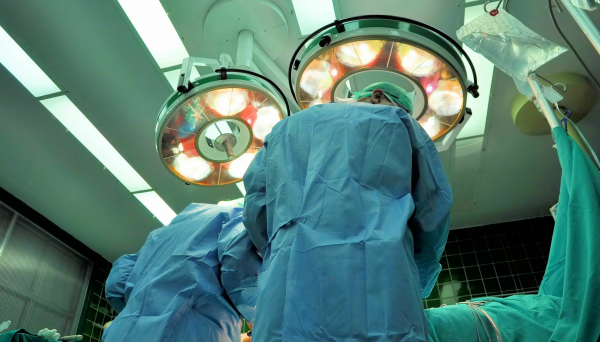A ground-breaking study into the benefits of short-stay joint replacement care could revolutionise Australia’s healthcare system, saving up to $641 million over the next seven years and reducing the burden of overcrowded wait lists for Australia’s ageing population.
Launched by the HCF Research Foundation, the findings call for adopting rapid recovery joint replacement surgery programs proven internationally, but yet to be widely adopted in Australia.
With an estimated 120,000 hip and knee replacements performed in Australia annually, the ageing population and pandemic restrictions on elective surgery are set to put considerable strain on the Australian health system in the years ahead.
HCF's chief officer of member health, Julie Andrews, said the study evidences the clear need for safe and efficient alternate models of care to ensure the long-term sustainability of the healthcare sector in Australia.
“Rapid recovery surgery programs have been introduced in many countries but are not common in Australia. This study provides compelling proof short-stay joint replacement programs are not only clinically safe but support efficient use of scarce health resources and have the potential to realise significant savings for the healthcare system,” said Ms Andrews.
“Our budget impact analysis suggests the new model of joint replacement care will drive potential cost savings across the system of $641 million over the next seven years with potential savings of up to $1,400 per joint replacement procedure by 2030.”
Funded via an HCF Research Foundation Innovation Grant and led by Professor Ilana Ackerman at Monash University in collaboration with a multidisciplinary team including health economists Professor Zanfina Ademi and Dr Melanie Lloyd, the study is the first of its kind in Australia.
“We know the cost saving and other benefits that could be achieved by implementing these models across Australia when compared with traditional or usual care,” said Professor Ackerman.
“This research highlights the key enablers for translation into policy and practice and provides hard evidence that implementation of short-stay joint replacement programs at a national level have the potential to generate a significant return on investment for the health system and funders of health care if the identified barriers can be addressed.”
“With an expected increase in joint replacement demand driven by an ageing population, longer life expectancy and a higher rate of obesity, we must continue to remain at the forefront of healthcare innovation, looking for new ways to offer Australians access to affordable, safe and convenient out of-hospital care options,” added Ms Andrews.
